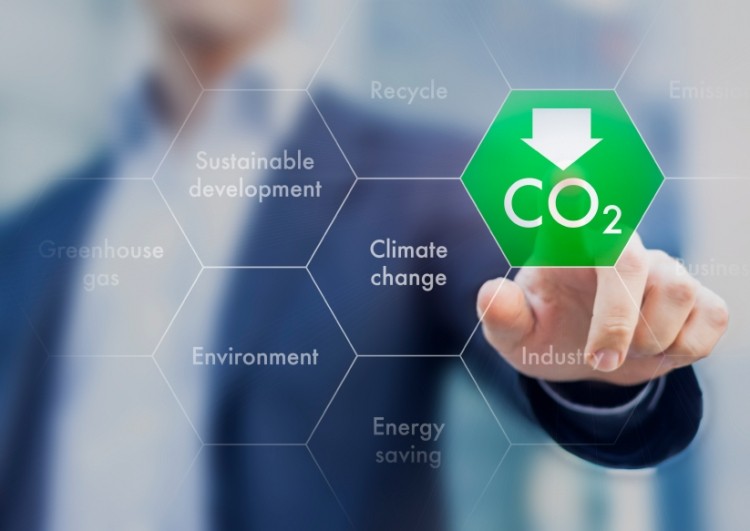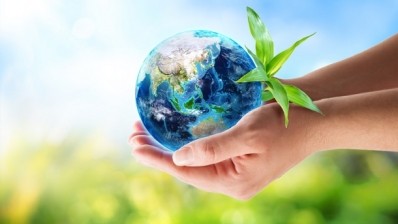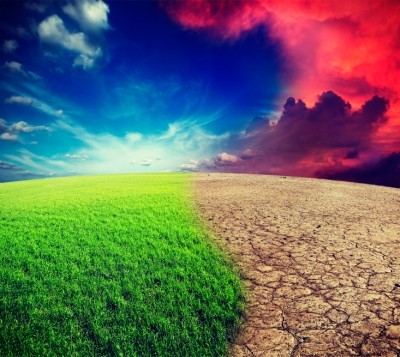CO2 rises could plunge millions into protein deficiency

Experts at the Harvard T.H. Chan School of Public Health found that under elevated concentrations of carbon dioxide (eCO2), the protein contents of rice, wheat, barley and potatoes fell by 7.6%, 7.8%, 14.1% and 6.4% respectively.
The fallout could be severe. “Anthropogenic CO2 emissions threaten the adequacy of protein intake worldwide,” the authors wrote in their paper for Environmental Health Perspectives. “Elevated atmospheric CO2 may widen the disparity in protein intake within countries, with plant-based diets being the most vulnerable.”
More than three quarters (76%) of the world’s population derive most of their daily protein from plants. The researchers therefore wanted to estimate, for the first time, the global and country-specific risks of protein deficiency attributable to human activities.
In all, 18 countries in Asia and Africa – including India, Bangladesh, Turkey, Egypt, Iran and Iraq — may lose “more than 5%” of their dietary protein by 2050, they said.
In India, an additional 53.4 million people may be at risk from protein deficiency, plus another 24.6 million in sub-Saharan Africa. In central and Eastern Europe, where diets lean towards livestock protein, the figure drops to 1.5 million at risk.
“Although our calculations assume no change in the shape of the intake distribution, we anticipate a worsening of inequality in protein intake within populations because a larger decrease in protein content is observed in plant-based than in omnivore diets under eCO2,” the authors noted. “Some changes in meat quality are anticipated owing to increased fat content under lower-protein diets,” they added.
Could the impact intensify in some regions, like Europe, if people shift towards more plant-based diets? Probably not.
“Our estimates are worst-case scenarios where no substitution of animal-sourced protein sources for other high-protein foods is allowed,” the team explained. “In particular, the predicted large decreases in protein content of plant-based diets in high income countries may be overestimates, where plant-based diets are likely to be supplemented with other protein sources.”
The effects of eCO2 depend on the commodity. The protein content can dive dramatically in C3 crops – like wheat, rice and barley – when CO2 levels rise. The impact of eCO2 on C4 crops – like maize and sorghum – is smaller, as is the case for legumes and pulses like peas, beans and chickpea.
High CO2 weakens iron content
In a separate study, also published this month, researchers concluded that higher levels of CO2 are “likely to exacerbate the already significant problem of iron deficiency worldwide”.
In an analysis of diets in 152 countries, the team identified those most at risk are 354 million children under the age of five and 1.06 billion women of childbearing age –predominantly in South Asia and North Africa – who live in countries already experiencing high rates of anaemia. These groups are “expected to lose more than 3.8% of dietary iron as a result of this CO2 effect”.
Given that these are effects on content rather than yield, it is “unlikely” consumers will perceive any potential health threat and adapt to it without education, they warned.
“Countries that are most at risk need to actively monitor their populations’ nutritional sufficiency, and, more fundamentally, countries need to curb human-caused CO2 emissions,” said Samuel Myers, senior research scientist in the Department of Environmental Health and co-author of both papers.
Source: Environmental Health Perspectives
Published online ahead of print: DOI:10.1289/EHP41
“Estimated effects of future atmospheric CO2 concentrations on protein intake and the risk of protein deficiency by country and region.”
Authors: D Medek, J Schwartz, and S Myers
Source: GeoHealth
Published online ahead of print: DOI: 10.1002/2016GH000018
“Potential rise in iron deficiency due to future anthropogenic carbon dioxide emissions.”
Authors: M Smith, C Golden, S Myers

























